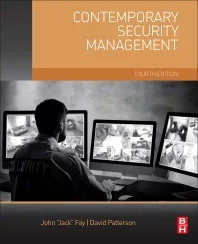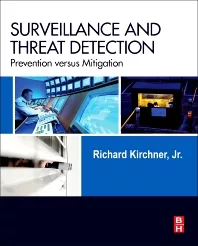Security News -- Port Security
U.S.-Bound Cargo Screening Delayed Until 2014
The Department of Homeland Security will miss an initial July 12 deadline to comply with a federal law meant to thwart terrorist attacks arriving by sea, according to an article from The Boston Globe.
The law is aimed to prevent dangerous cargo form coming through U.S. ocean gateways, as only a small fraction of all metal cargo containers have been scanned before arriving in the country’s ports, the article says.
Advocates for tighter port security say that all maritime cargo should be screened or manually inspected at the port of departure to prevent terrorists from using U.S.-bound ships to deliver a nuclear or dirty bomb.
Only about 5 percent of all U.S.-bound cargo containers are screened, according to the U.S. government’s own estimate, and some shipments only get a cursory paperwork review, the article says.
Representative Edward Markey, D-Mass., has accused the Department of Homeland Security of not making a good-faith effort to comply with a 2007 law that he coauthored, which requires 100 percent of all U.S.-bound maritime shipments to be scanned before departing overseas docks.
“We’re not just missing the boat, we could be missing the bomb,” he said in the article. “The reality is that detonating a nuclear bomb in the United States is at the very top of Al Qaeda’s terrorist targets.”
Homeland Security officials argue that wider screening would be cost-prohibitive, logistically and technologically difficult, as well as a diplomatic challenge, according to The Boston Globe. Cost estimates for the 100 percent screening vary between agencies and parties, from at least $16 billion to a modest $200 million, the article reports.
While acknowledging the threat, they are exercising their right under the 2007 law to postpone the full implementation of the congressionally mandated screening program for two years – until July 2014.
The DHS is working under a risk-based approach to shipments, focusing on cargo originating from 58 of the world’s busiest seaports, from Hong Kong to Dubai, the article says. Last year, U.S. agents at those ports inspected 45,500 shipments determined to be high-risk, according to joint testimony by Homeland Security, Coast Guard and U.S. Customs officials in February before the House Homeland Security Committee, according to the Globe.
According to Matt Chandler, a DHS spokesperson, Homeland Security “continues to work collaboratively with industry, federal partners, and the international community to expand these programs and our capability to detect, analyze, and report on nuclear and radiological materials.” He added that “we are more secure than ever before.”
Looking for a reprint of this article?
From high-res PDFs to custom plaques, order your copy today!





